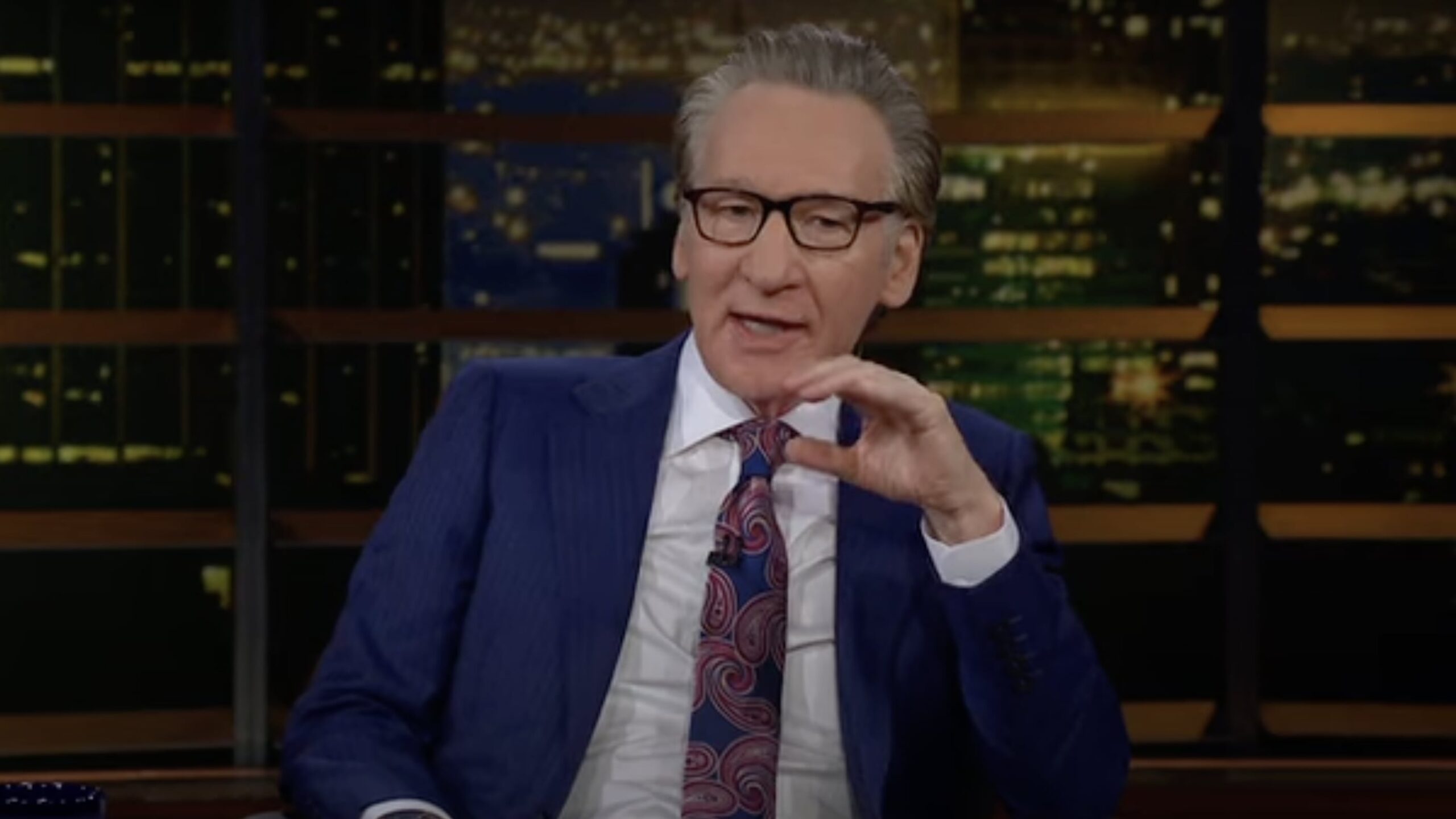UPDATE: Bill Maher has issued a stark warning about President Donald Trump’s “slow-moving coup” that he claims could have far-reaching implications for the United States. During the latest episode of Real Time with Bill Maher on July 14, 2023, Maher expressed concern that Trump’s strategies could lead to a significant consolidation of Republican power, potentially sidelining Democrats from federal governance.
Joining Maher were journalist Frank Bruni, neuroscientist Andrew Huberman, and conservative activist Christopher Rufo. The discussion turned heated as Maher condemned what he describes as a dangerous normalization of authoritarian practices, warning that the current political climate is ripe for such maneuvers.
“Let me just describe some of the steps—and you tell me if I’m being paranoid,” Maher stated, outlining a chilling scenario that includes creating a masked police force and deploying National Guard troops throughout Washington, D.C. He emphasized the alarming normalization of federal agents being present on city streets and the implications this could have for future elections.
Maher pointed to Trump’s recent decision to deploy federal forces to D.C. following a violent incident involving a local carjacking that left a former government employee injured. “We’re not playing games,” Trump declared on July 13, thanking National Guard troops and asserting the need for safety in a city plagued by crime.
“I’m deeply offended… that he would use the lives of these men and women as political pawns,” said Maryland Gov. Wes Moore, criticizing Trump’s actions as federal overreach.
Amid rising tensions, the New York Post reported that Trump is planning similar deployments in Chicago and New York City, claiming that residents are pleading for federal assistance. “People in Chicago … are screaming for us to come. They’re wearing red hats,” Trump said on July 14 in the Oval Office.
Maher warned that the militarization of U.S. cities could set a dangerous precedent, suggesting this could lay the groundwork for undermining the electoral process. “So when an election dispute might come up… I don’t think they’re ever going to take power,” he cautioned, arguing that Trump’s maneuvers could lead to an unchallenged grip on power.
Rufo, however, lauded Trump’s actions, citing a temporary drop in crime rates as evidence of success. Yet Bruni countered, questioning the sustainability of such a solution, “I would love to meet the statistician who would extrapolate from one week and say this is a sustainable solution.”
As the discussion unfolded, Maher reiterated a crucial point: “He is creating an army in the nation’s capital.” He stressed that the ongoing presence of militarized forces could have significant consequences when the next election cycle arrives.
This urgent dialogue reflects a growing concern among political commentators regarding the implications of militarized policing and the potential erosion of democratic principles in the U.S. As the situation develops, it raises critical questions about the future of governance and civil liberties in the nation.
Stay tuned for ongoing updates as this story unfolds and the political landscape continues to shift.
